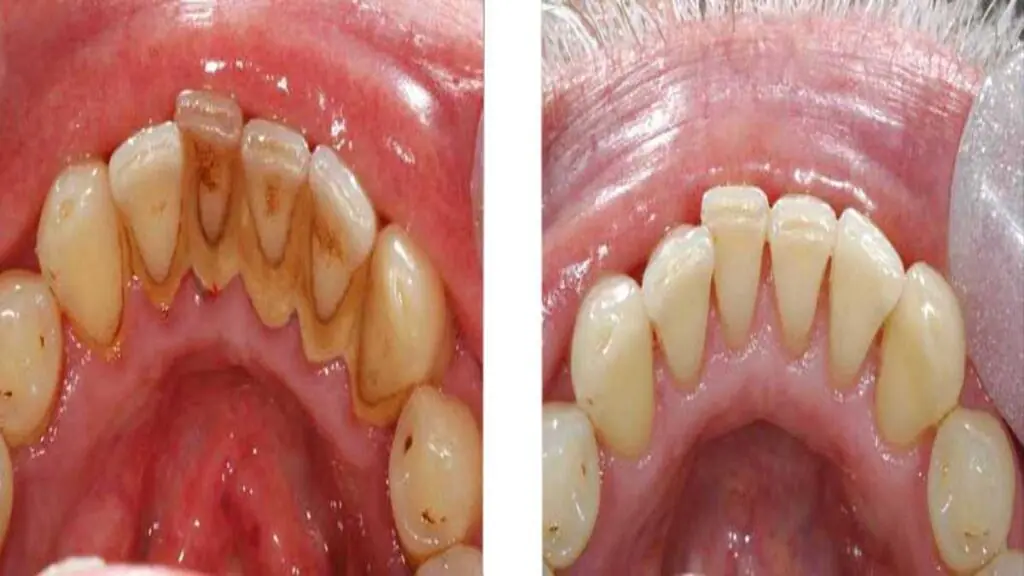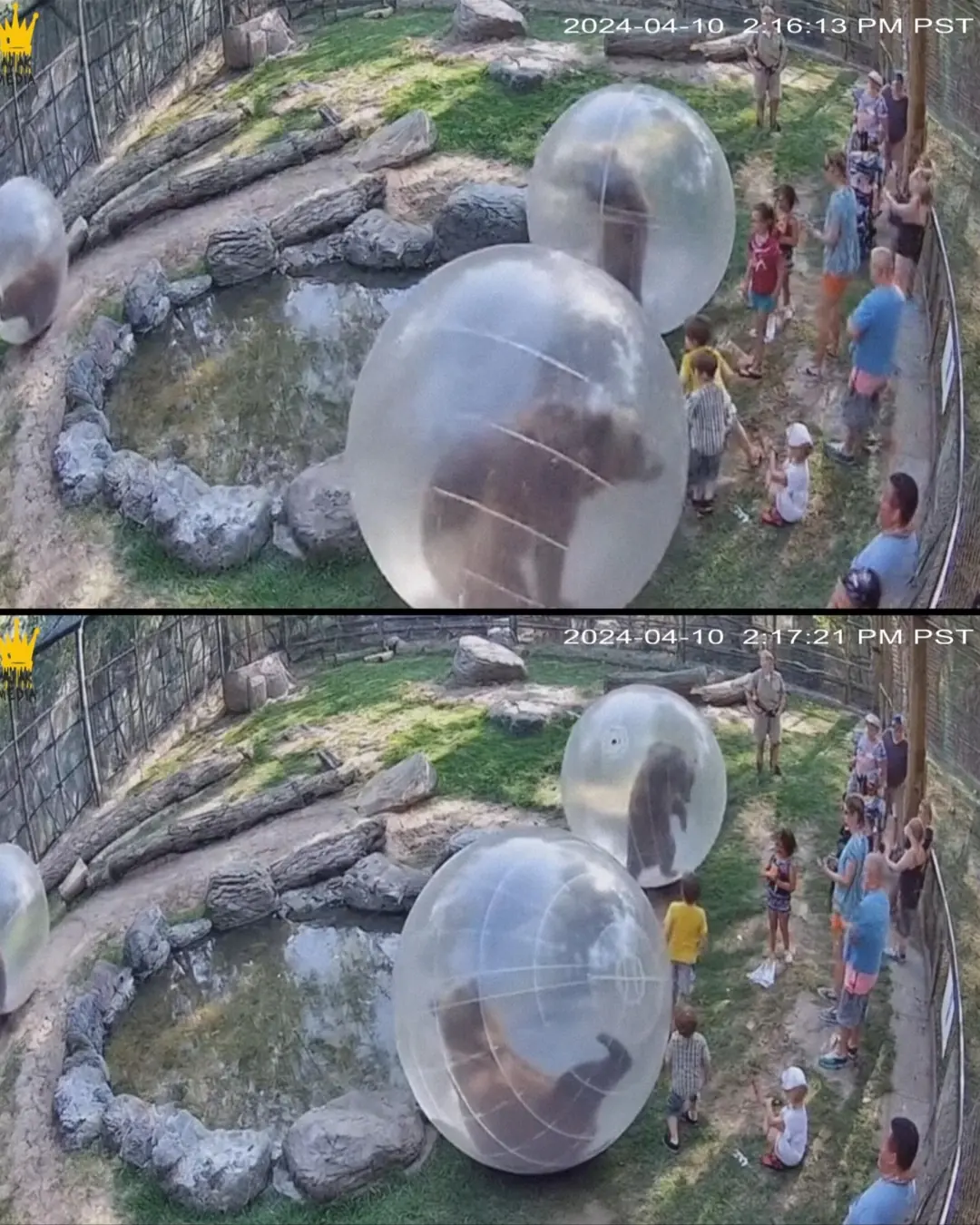
2 Signs of Kidney Failure: If Your Morning Urine Shows This Sign, See a Doctor Immediately
Kidneys are one of the body’s most important organs, yet they are often the most neglected. These bean-shaped organs filter waste and excess fluids from the blood, regulate electrolytes, and help maintain overall balance in the body. However, when the kidneys begin to fail, the warning signs are often silent at first. Many people only realize they have kidney problems when the damage has become severe. One of the earliest and easiest ways to detect kidney trouble is by observing your urine—especially in the morning. Here are two warning signs that could indicate kidney failure and why you should seek medical help immediately if you notice them.
1. Changes in the Color or Consistency of Morning Urine
Your urine tells a lot about your health. Healthy urine is usually pale yellow and clear, especially in the morning. If your morning urine suddenly becomes dark, foamy, or cloudy, it could be a sign that your kidneys are struggling to do their job.
Foamy or bubbly urine is often caused by an excess of protein in the urine—a condition called proteinuria. This happens when the kidneys’ filters (called glomeruli) are damaged and allow protein, which should stay in the blood, to leak into the urine. Over time, this can indicate early kidney disease. If the foaminess increases day by day, it’s a red flag that your kidneys may be deteriorating.
Dark or tea-colored urine may suggest the presence of blood or waste buildup. This can occur when kidney function declines, allowing toxins to remain in your bloodstream. Blood in the urine, known as hematuria, can be caused by infection, stones, or in serious cases, kidney inflammation or cancer. If you notice a reddish or cola-colored tint in your urine, do not ignore it—consult a doctor immediately.
2. Changes in Urine Frequency and Amount
The second warning sign of possible kidney failure is a noticeable change in how often and how much you urinate. Because kidneys regulate fluid balance, any disruption in their function will affect urination patterns.
If you urinate much less than usual, even when you drink enough fluids, it may indicate that your kidneys are not filtering properly. On the other hand, frequent urination, especially at night (a condition called nocturia), may also be a symptom of kidney disease or diabetes.
You may also experience pain or burning during urination, which could mean infection or blockage in the urinary tract. While occasional changes can happen due to dehydration or diet, persistent symptoms should never be ignored. The kidneys are slow to show distress, and by the time obvious symptoms appear, significant damage may already have occurred.
Why Early Detection Is Crucial
Kidney failure develops gradually and can progress silently. High blood pressure, diabetes, obesity, and prolonged use of painkillers are major risk factors. Detecting early warning signs—like changes in urine color or amount—can help prevent irreversible kidney damage.
Doctors can perform simple tests to measure creatinine, urea, and protein levels in the blood and urine to assess kidney health. In many cases, early lifestyle adjustments—such as drinking enough water, reducing salt intake, and avoiding processed foods—can help restore kidney function and prevent further decline.
Protecting Your Kidneys
To keep your kidneys healthy, maintain a balanced diet rich in fruits, vegetables, and whole grains. Limit sugar, alcohol, and red meat. Regular exercise, adequate sleep, and blood pressure control are also essential. Most importantly, pay attention to what your body tells you—especially through your urine.
Ignoring small warning signs can lead to big problems later. If your morning urine looks abnormal or your urination habits change, do not wait. See a doctor immediately. Early action can save your kidneys—and your life.
News in the same category


What really happens to your body when you take LOSARTAN

Stop Eating Eggs Immediately If Your Body Shows These 8 Signs

Sarcopenia: Causes of Muscle Loss and How to Regain Strength

Yarrow: A Timeless Herbal Ally with Amazing Health Benefits

How To Use a Frozen Lemon To Fight Malignant Tumors in The Body

Top 11 Nutrients To Destroy Cancer Stem Cells

Cocoa flavanols may protect blood vessels even when you sit for hours

Major Signs You Are Magnesium Deficient (and What To Do About It!)

30 Anti-inflammatory Foods That Block Inflammation & Joint Pain (backed by science)

If You’re Not Using Castor Oil You’re Missing Out

How to eat bread, rice, and potatoes without blood sugar spikes

Silent heart attack — the pain no one recognizes in time

The HIDDEN cause of neck and shoulder pain nobody talks about

Health officials issue warning over ‘very contagious’ disease spreading across US state

🫁 1 Cup to Cleanse Your Lungs of Phlegm and Toxins Naturally

🦷 The #1 Best Remedy for Dental Plaque and Tartar Buildup (Dentist-Approved Home Method)

10 Proven Ways to Lower Uric Acid Naturally (Backed by Science)
News Post

Eat more, weigh less? 5 surprising ways foods can help you burn fat

What really happens to your body when you take LOSARTAN

Stop Eating Eggs Immediately If Your Body Shows These 8 Signs

Sarcopenia: Causes of Muscle Loss and How to Regain Strength

Yarrow: A Timeless Herbal Ally with Amazing Health Benefits

The Heartbeat of Compassion: The Unlikely Hero Who Saved a Hippo's Life

Zoo in Thailand Shut Down After Bears in Giant Hamster Balls Turn on Guests

A Pitcher’s Second Chance: How a High School Classmate Stepped Up to Save Steven Register’s Life

Rooting for Will: A Tuesday of Joy Before a Wednesday of Courage

Two Hearts That Needed Each Other.

The Mother Who Delivered More Than Food.

The Boy Who Paid for a Stranger’s Meal When No One Was Watching.

How To Use a Frozen Lemon To Fight Malignant Tumors in The Body

Can I Eat Without Hiding Now?

He Thought It Was Just Another Shift — Until a Life Was Placed in His Hands.

How to make fragrant and nutritious passion fruit peel jam

The refrigerator gasket is moldy, use this to clean it, it will be clean in just 5 minutes

How to make spicy and sour pickled cabbage to eat during Tet

Winter drink lemon honey ginger water, body 5 special benefits
